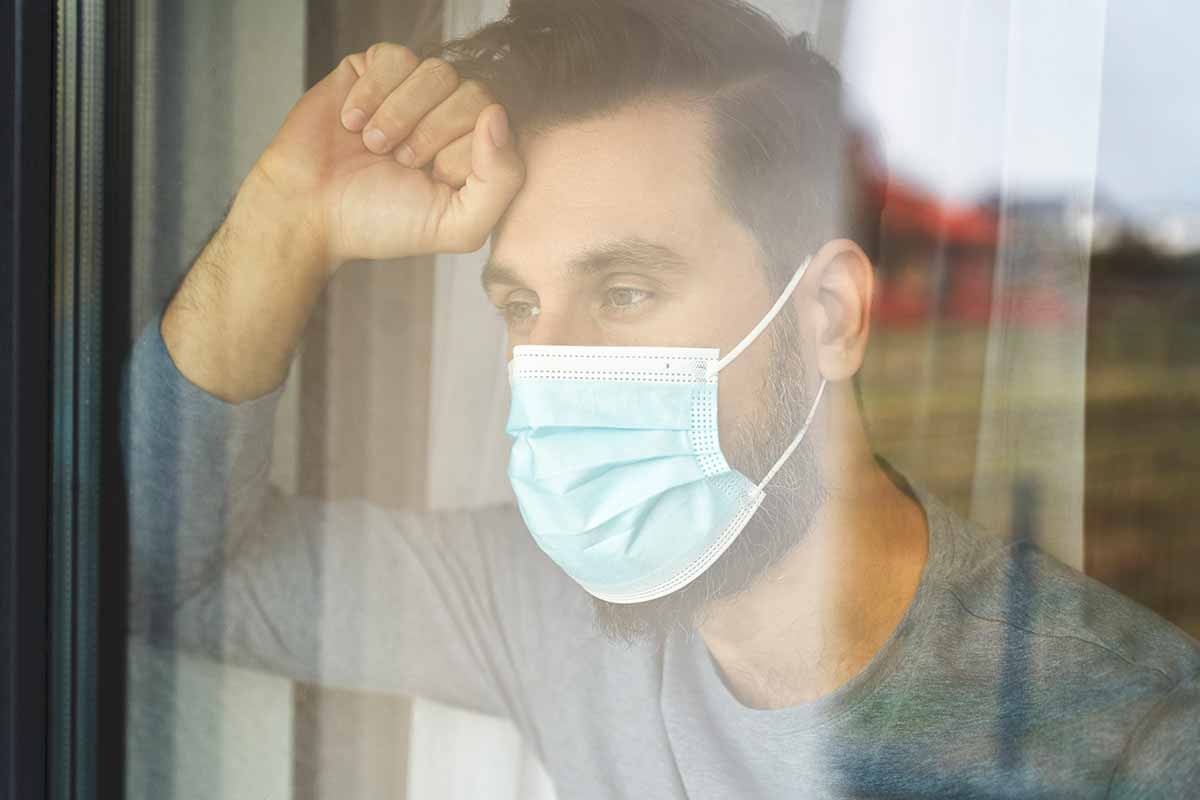Depression and addiction often go hand in hand, with each condition serving to exacerbate the other. This can lead to a vicious cycle of substance abuse and negative moods, making it difficult to break free from either condition. However, there is hope for those who are struggling with depression and addiction. By addressing depression as part of a comprehensive treatment plan, you can take steps to improve your mood and reduce your risk of relapse. Identifying treatment goals for depression is an important part of this process.
Colorado Medication Assisted Recovery offers depression treatment in Colorado that can help you reach your goals. Call 833.448.0127 today to learn more about how to get started on your journey to recovery.
The Connection Between Depression and Addiction
Depression and addiction are so closely linked that they are often referred to as co-occurring disorders. People who suffer from depression are more likely to turn to drugs or alcohol as a means of self-medication, seeking to numb the pain and feel a brief sense of relief. Unfortunately, substance abuse only makes depression worse over time, leading to a downward spiral of negative thoughts and behaviors. Conversely, people who struggle with addiction may be more susceptible to developing depression due to the effects that drugs or alcohol have on the brain. These substances can disrupt the chemicals in the brain that regulate mood, leading to a cycle of highs and lows that can be difficult to manage.
Some of the signs that you would benefit from depression treatment include:
- Feelings of hopelessness or helplessness
- Loss of interest in activities that were once enjoyable
- Difficulty sleeping or sleeping too much
- Weight gain or loss without dieting
- Irritability and restlessness
With the right approach to treatment, you can experience a shift in your mood and outlook on life.
How Depression Treatment Can Support Your Recovery Goals
Treating depression as part of a comprehensive addiction recovery plan can be critical for long-term success. Addressing underlying mental health conditions can help reduce the risk of relapse and improve overall quality of life. Depression treatment can take many forms, depending on the severity of the condition and the patient’s individual needs. From medication to therapy to lifestyle changes, there are a variety of methods that can be used to manage depression. By working with a healthcare professional to develop an individualized treatment plan, patients can take important steps toward building a healthier, happier future.
3 Important Goals for Depression Treatment
A few of the most important goals to consider when treating depression include:
1. Addressing Underlying Causes
By identifying and treating the root causes of depression, patients can begin to break the cycle of negative moods and substance abuse.
2. Establishing Healthy Coping Skills
Effective coping mechanisms are critical for managing depressive symptoms and avoiding relapse. This might involve learning stress-reduction techniques, developing healthy routines, or connecting with support groups.
3. Building a Strong Support System
Social support can be a critical asset for those in recovery. Building a network of loved ones, peers, and healthcare providers can provide a crucial safety net during times of stress or need.
Call Colorado Medication Assisted Recovery to Start Treatment
Depression and addiction are complex conditions that are difficult to manage on their own. By addressing depression as part of a comprehensive treatment plan, patients can work towards building a brighter future. With effective depression treatment, it is possible to break free from the cycle of negative moods and substance abuse and establish a healthier, happier way of life. If you or a loved one is struggling with depression or addiction, don’t hesitate to reach out to Colorado Medication Assisted Recovery today.
Call 833.448.0127 or connect with our team online to start treatment.



















